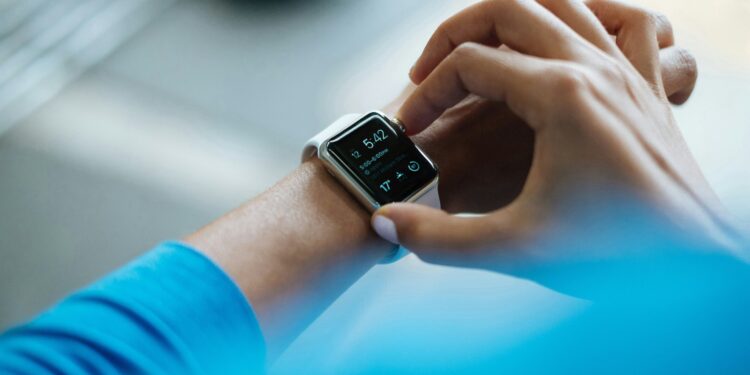Credit: Unsplash/CC0 Public domain
Smartphones, smartwatches and related applications are constantly improving their ability to record and store personal health data. The initial EU law proposal for a European Health Data Space in 2022 would allow de-identified health and wellbeing data to be shared without explicit consent in the future. There has been understandable resistance to it, and not just from data protection officials.
In an article published in npj Digital MedicineProfessor Stephen Gilbert, from the EKFZ for Digital Health, and Professor Dirk Brockmann, from the Synergy Center of Systems, discuss how citizens’ medical data could be used in the future for research, while respecting human rights.
The proposed solutions are based on experiences from data donation projects during the COVID-19 pandemic, which advocate a participatory, standardized, scalable and consent-based approach to data sharing.
A growing number of people are using wellness and health apps that measure, interpret and store various parameters such as activity, metabolites, electrical signals, blood pressure and oxygenation. These data not only serve personal interest, they are also of great importance for medical research. Analyzing this health data collected by citizens in conjunction with clinical data could help improve the understanding of diseases, their development and early diagnosis. It is also an important basis for research, particularly for optimizing predictions based on deep learning and other artificial intelligence methods.
During the COVID-19 pandemic, several data donation projects were launched in Germany, the United Kingdom and the United States. These projects showed that citizens were willing to participate and share their data. The prerequisite was that they could decide for themselves when to share which data and that they had the possibility to withdraw their consent and end their participation at any time.
“It is not ethically acceptable or politically sustainable to collect more and more personal data about citizens by default with each new smart product, especially without first asking them for their consent,” says Gilbert, co-author of the article. As a solution, the researchers propose the use of a reliable and secure consent platform provided externally.
This would allow users to understand with whom, where and for what purpose they are sharing their health data. Active engagement further increases the likelihood that data will be shared over a longer period of time. Researchers’ positive and informative experiences with voluntary data donation during the COVID-19 pandemic should now be used to find long-term solutions.
“In the future, the use of personal health data for research purposes will only work if all participants are fully aware and consent and can also reverse their decision at any time. Our work has shown that citizens understand the benefits they can bring to society through volunteering. their health and well-being data,” says Brockmann, director of the Synergy Center of Systems at TU Dresden.
More information:
Stephen Gilbert et al, Citizen Data Sovereignty is Critical to Repurposing Wearable Devices and Wellbeing Data for the Common Good, npj Digital Medicine (2024). DOI: 10.1038/s41746-024-01004-z
Provided by Dresden University of Technology
Quote: Using citizen data safely in research: COVID-19 data donation projects show how it can be done (February 12, 2024) retrieved February 12, 2024 from
This document is subject to copyright. Apart from fair use for private study or research purposes, no part may be reproduced without written permission. The content is provided for information only.



